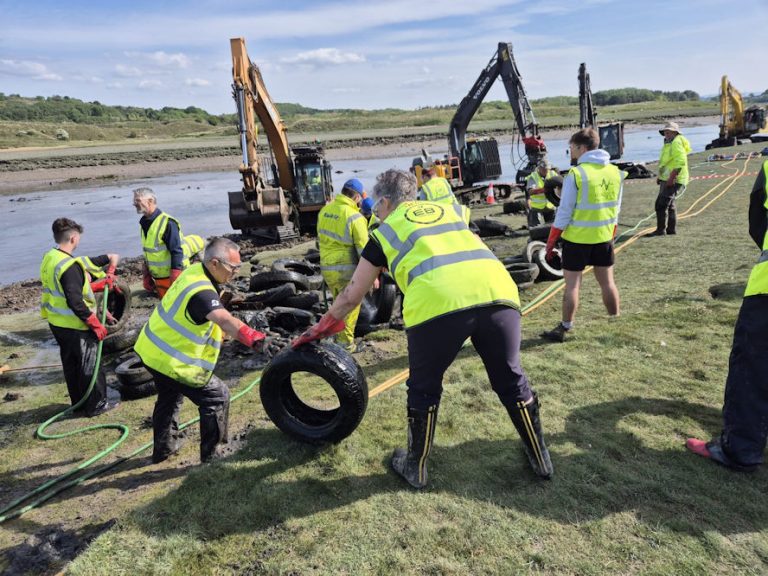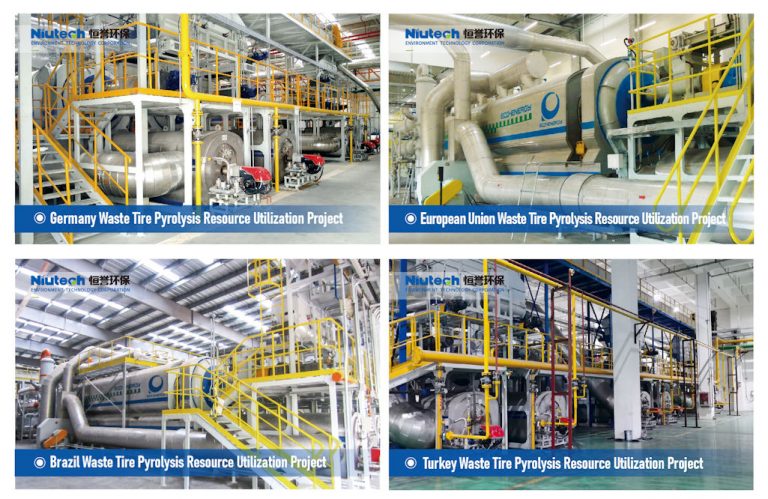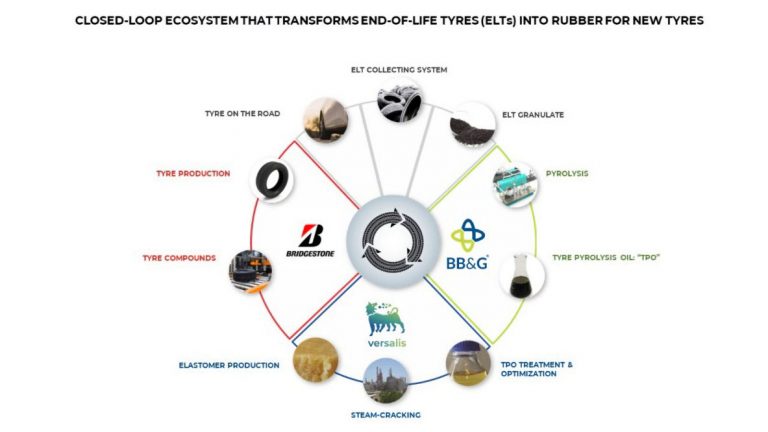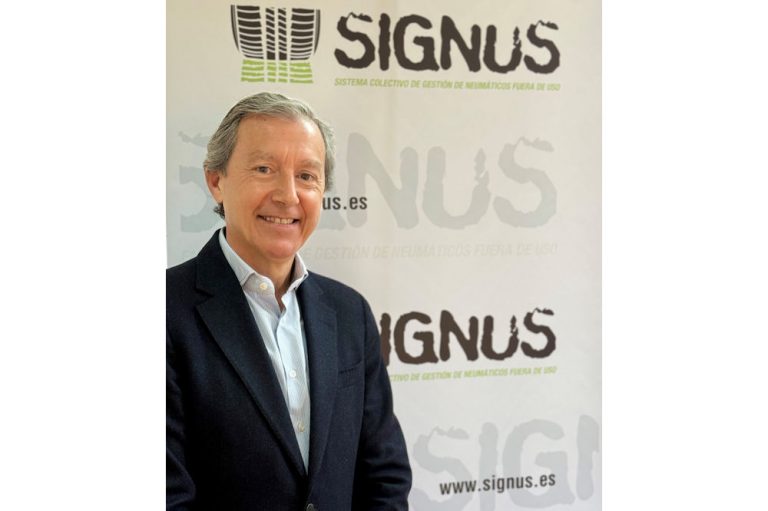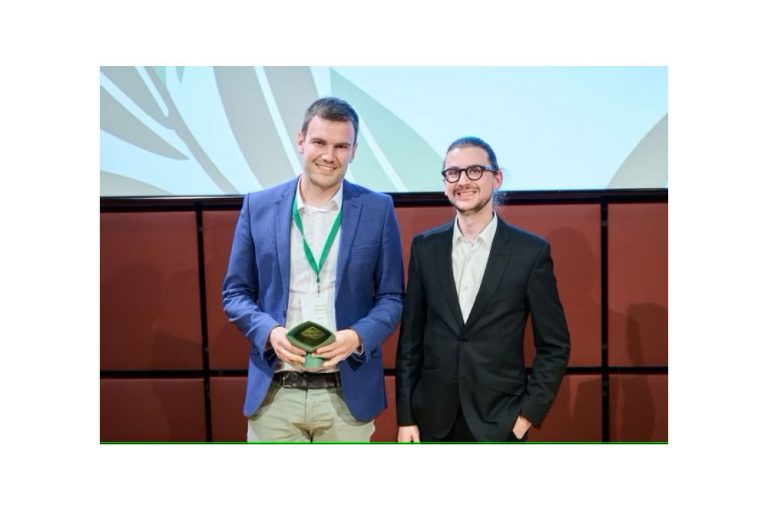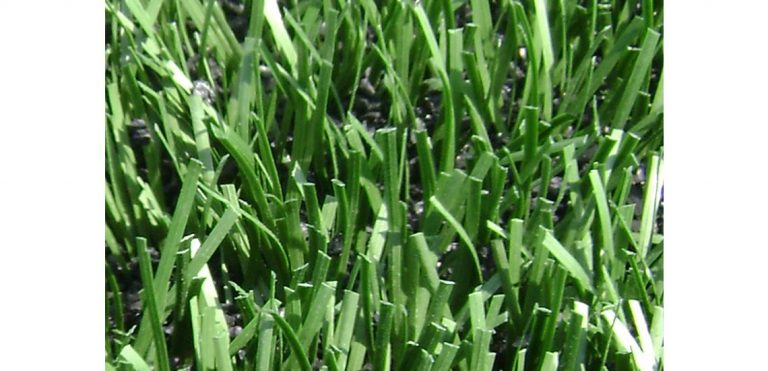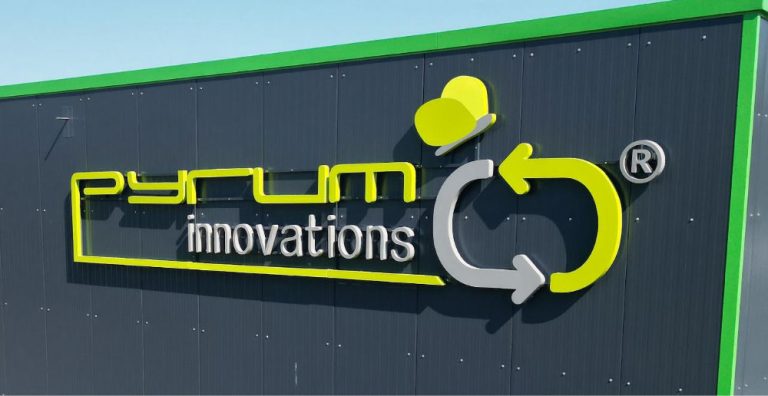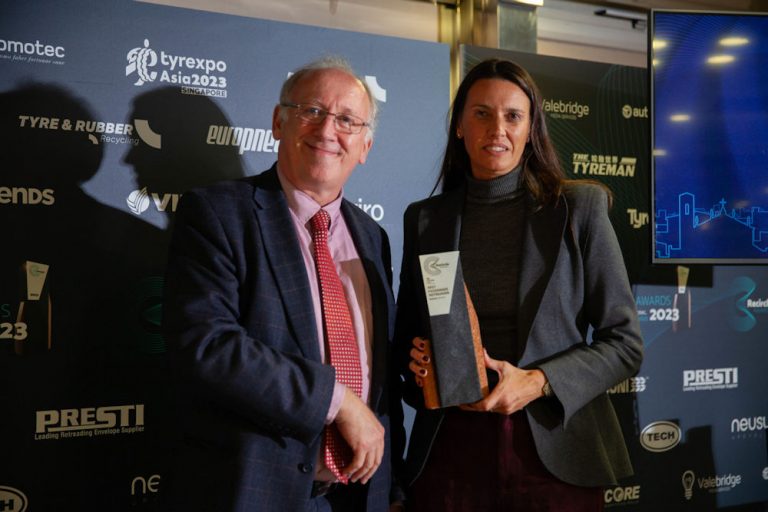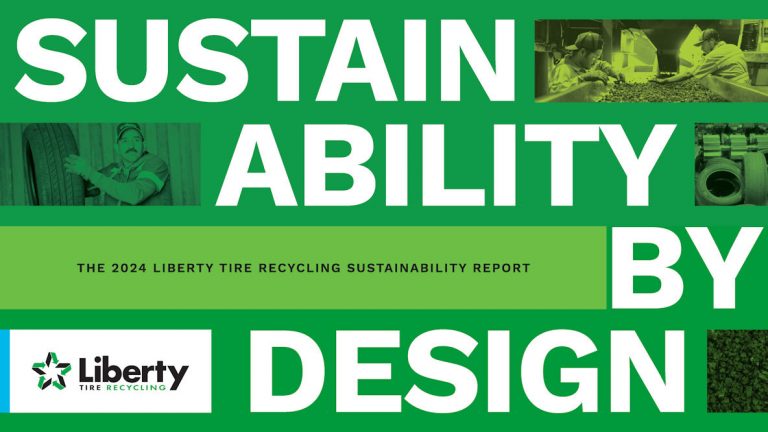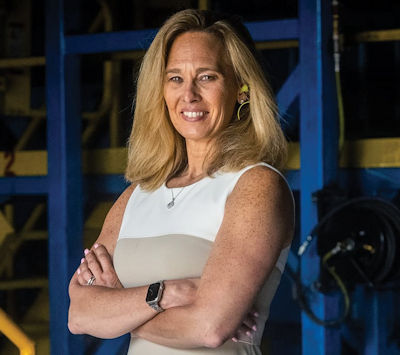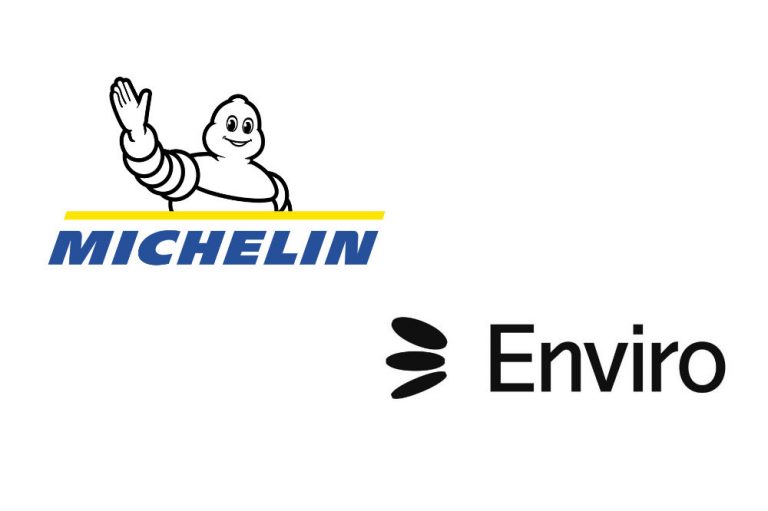Bridgestone has been proving that it’s not just their premium tyres that go the extra mile, after an industrious team of volunteers went even further for a community clean-up of a picturesque Welsh river – following a substantial donation to the project
A dynamic team from the company’s Warwick head offices made the trip to South Wales to help with the Ogmore River Clean Project and the removal of thousands of tyres from the beauty spot, which are thought to have been dumped up to 40 years ago.
Bridgestone was eager to lend its support for the week-long river clean, headed up by environmental charity A Peace for Nature, featuring up to six excavators and the recovery of a huge number of tyres, which will now be recycled responsibly with some rubber crumb being used in local parks and playgrounds.
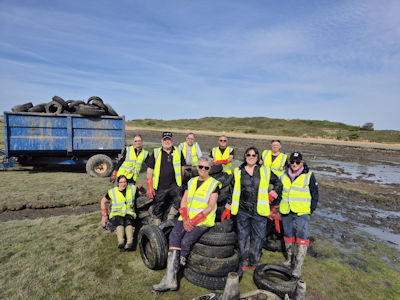
Not content with making the financial donation, Bridgestone wanted to play its part in person, too, with its volunteer group helping with the removal of hundreds of tyres on Wednesday (7th), whilst also collecting bags of litter from the surrounding river banks and nearby countryside.
A Peace for Nature Founder and CEO Alun Phillips, said: “We’re extremely grateful to Bridgestone for the donation and their help this week. Moreover, the environment is grateful too. There’s such a strong community spirit in this part of the world, and we’ve seen Bridgestone display that same ethos when visiting us, which has meant a great deal. There’s been a real sense of collectiveness and togetherness, and Bridgestone has really bought into this from the moment we contacted them. We have been able to remove thousands of tyres and have made a great deal of progress.”
Bridgestone’s Commercial Director & Head of Region North David Almazán said; “We were delighted to support the Ogmore River Clean Project. Contributing financially was one thing, but we also wanted to roll up our sleeves and make a hands-on difference too. We were proud to be part of such a special initiative.”

















